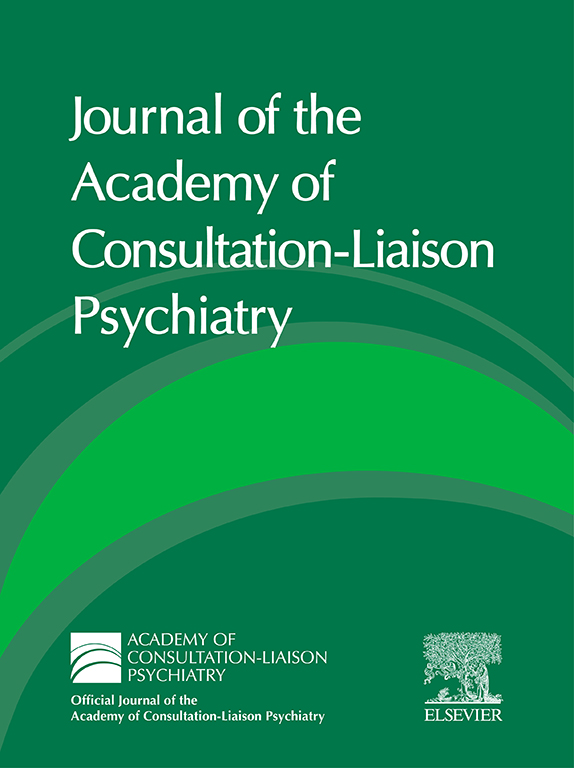Authors: Abigail Clark, MD, et al.
Abstract: Paradichlorobenzene (PDCB) is an active ingredient in mothballs and toilet bowl deodorizers. When PDCB is ingested, acutely or chronically, toxicity involving multiple organ systems, including the brain, kidney, liver, and skin, may result.
The authors describe the case of a 32-year-old woman who was admitted to a specialized medical and psychiatric inpatient unit with subacute cognitive decline, a diffuse ichthyotic rash, hyperreflexia, bowel and bladder incontinence, and upper extremity rigidity. Initial extensive serum, cerebral spinal fluid, and urine testing was only notable for iron deficiency anemia. Magnetic resonance imaging of the brain revealed periventricular leukoencephalopathy.
Collateral was then sought from her spouse, who disclosed she had been ingesting toilet bowel deodorizers for over a year before presentation. Subsequent serum and urine PDCB concentrations were elevated, and the patient was diagnosed with PDCB toxicity. She was provided supportive care, but ultimately, she developed severe cognitive decline, requiring a gastrostomy tube for nutritional support and was discharged to a skilled nursing facility. Her condition was unchanged six months after discharge.
The authors performed a systematic review of all reported cases of PDCB toxicity in humans and revealed that PDCB toxicity often results in significant but nonspecific neuropsychiatric, skin, and neuroimaging findings. Young women with iron deficiency anemia and substance use histories appear to be at particular risk of PDCB toxicity, though more research is needed to clarify these associations.
Importance: As the authors say, clinicians should maintain a high degree of suspicion for toxic ingestion and perform thorough collection of collateral history when the cause of encephalopathy is unknown. Greater attention should also be given to PDCB as a substance of abuse.


